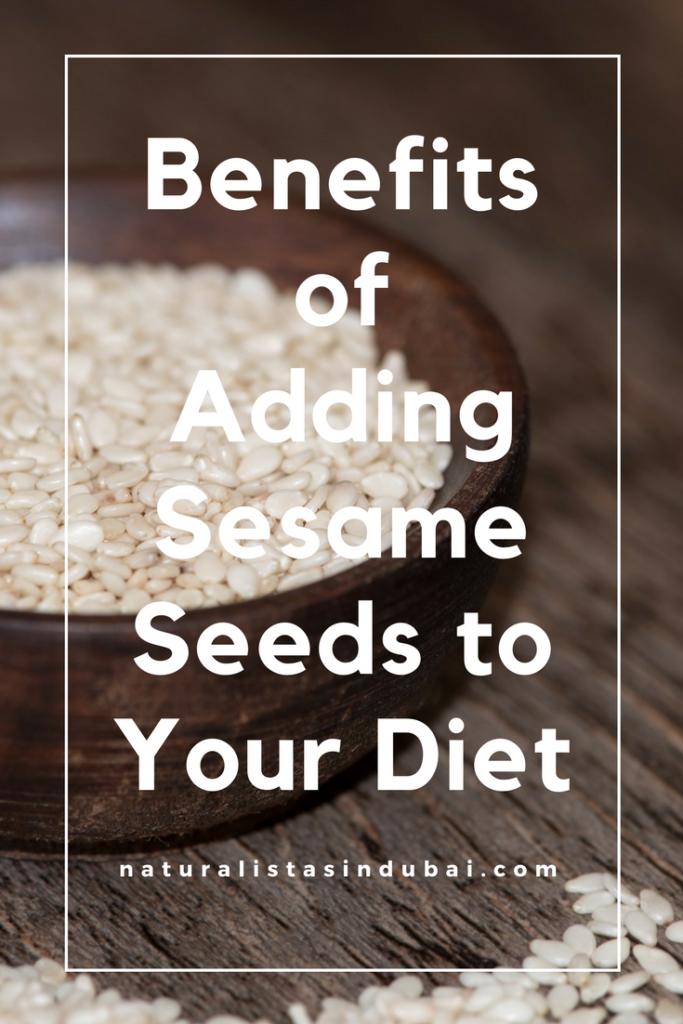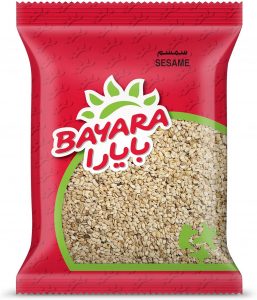I was diagnosed with vitamin D deficiency sometime last year. Colour me surprised!
We live in a country that’s sunny for most of the year and I don’t make much of an effort to stay out of the sun so I expected I was getting the required amount.
I could not be more wrong. I was given a course of vitamin D injections and prescribed vitamin D pills.
I’ve also started consuming more foods that help with healthy bone formation in addition to the doctor’s recommendations.

One of the foods on the list is sesame seeds. I love sesame seeds lightly toasted and add them to almost everything as they give food such a distinct nutty flavour.
They are also the main ingredient in tahini (sesame seed paste) used in hummus and other Middle Eastern dishes.
Benefits of Adding Sesame Seeds to Your Diet
- Sesame seeds are rich in minerals and contain two unique substances – sesamin and sesamolin.
- These unique substances help lower cholesterol level, prevent high blood pressure and protect the liver.
- A handful of sesame seeds provide copper, selenium, manganese, magnesium, calcium, phosphorus, iron, zinc and molybdenum.
- A quarter cup of sesame seeds contains more calcium than a glass of milk.

How to Consume Sesame Seeds for Better Bone Health
- You can add sesame seeds to homemade baking like bread, muffins and cookies.
- You can garnish the same dishes above as well as other dishes with sesame seeds. I sprinkle sesame seeds on sautéed spinach, pan-fried salmon, noodles, pasta and salads.
- Make your own sesame paste (tahini) at home and use it like you would butter on bread, etc.
Sesame seeds are readily available in the nuts aisle at Carrefour and other department stores.

Bayara Sesame Seeds
Buy only about a cup at a time and preserve in an air-tight container in the fridge where it will come for up to several months.
Caution: If you have a nut allergy, you may want to stir clear of sesame seeds.
